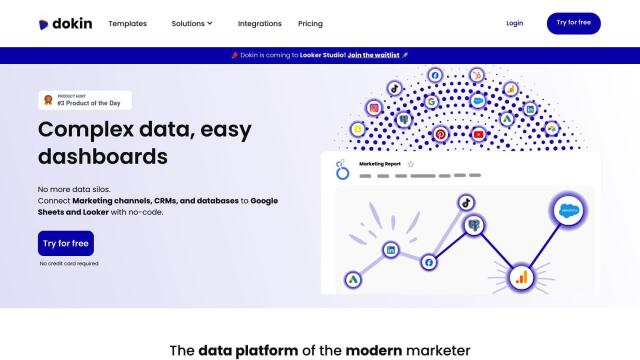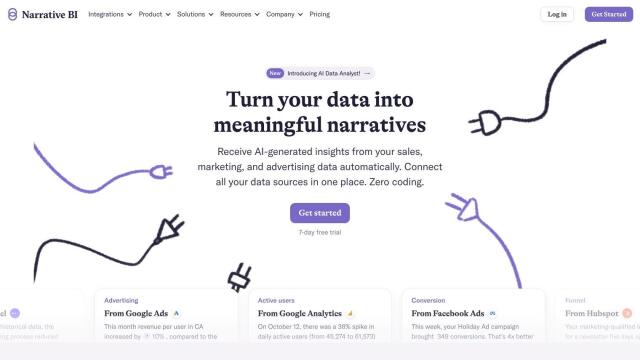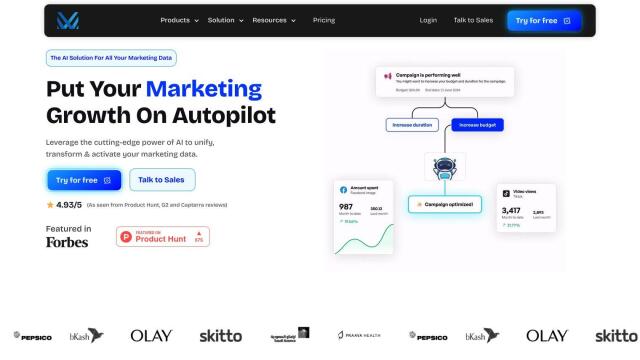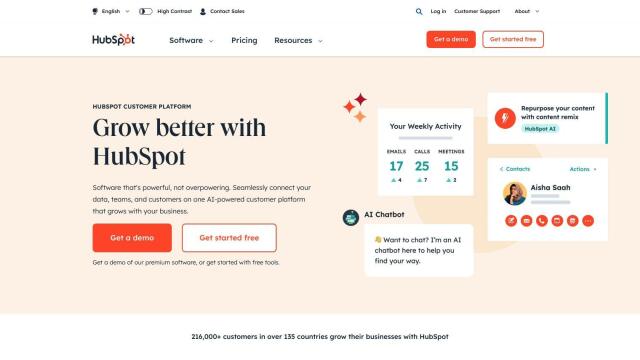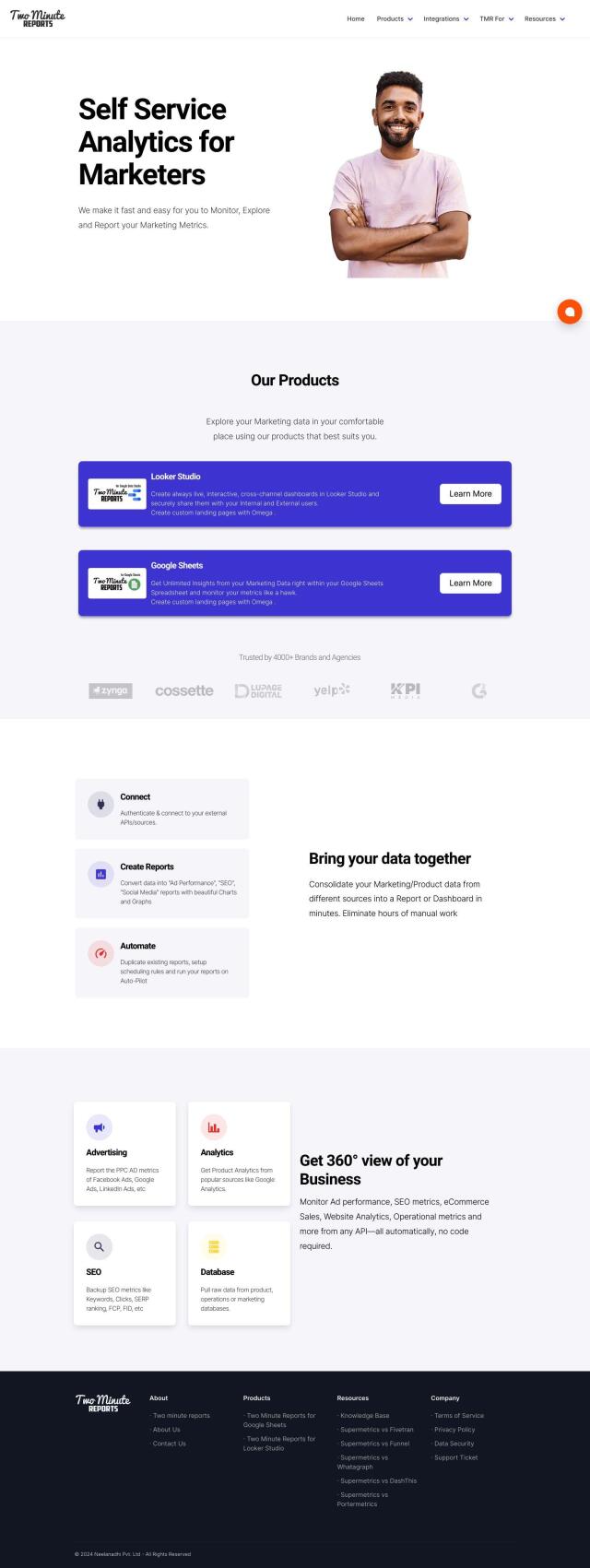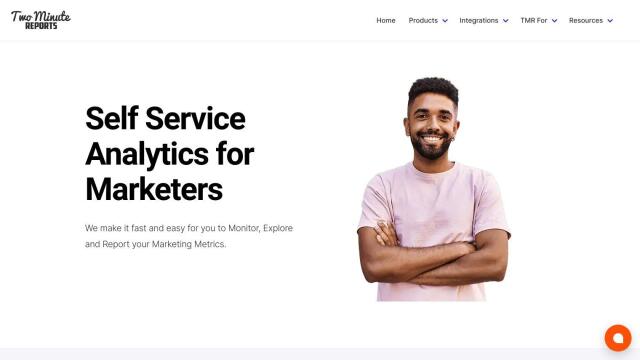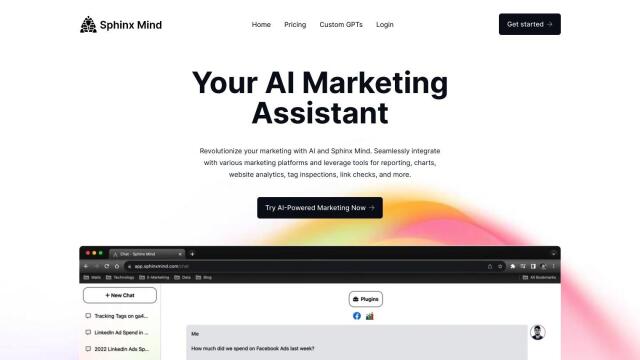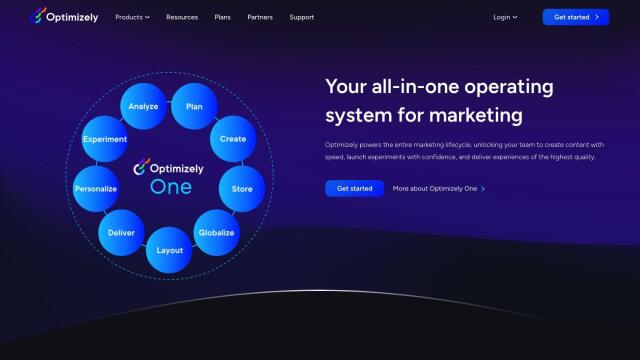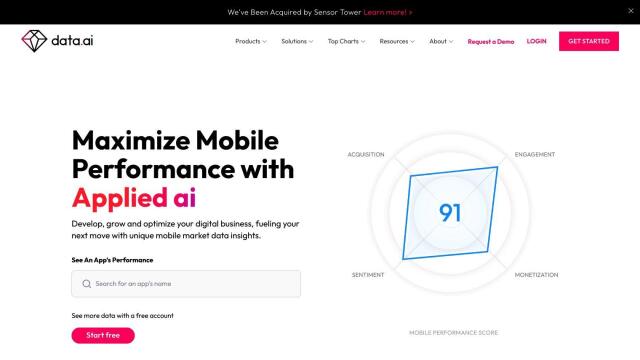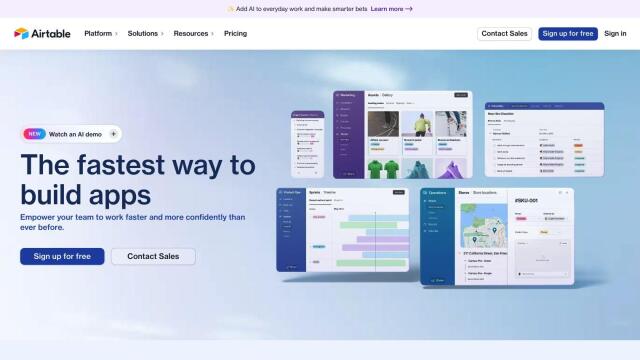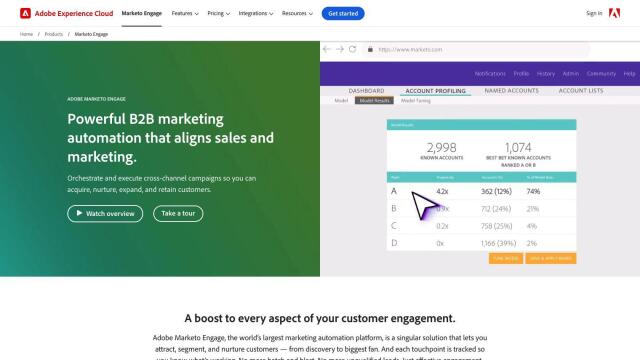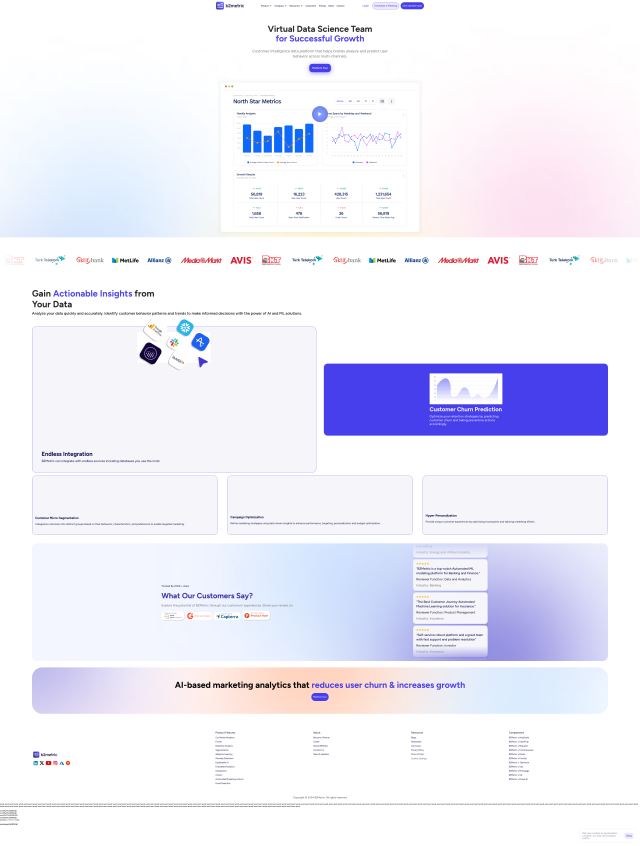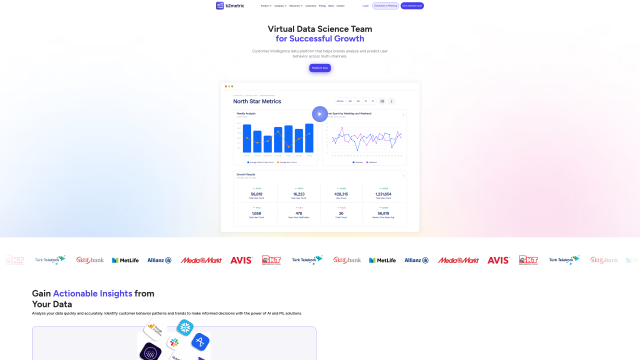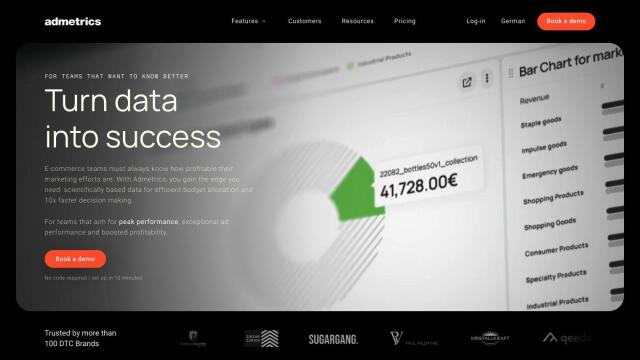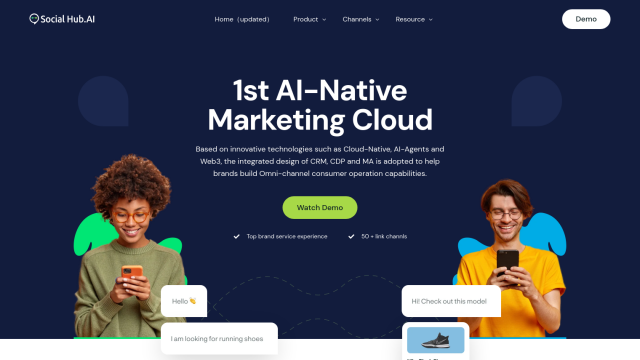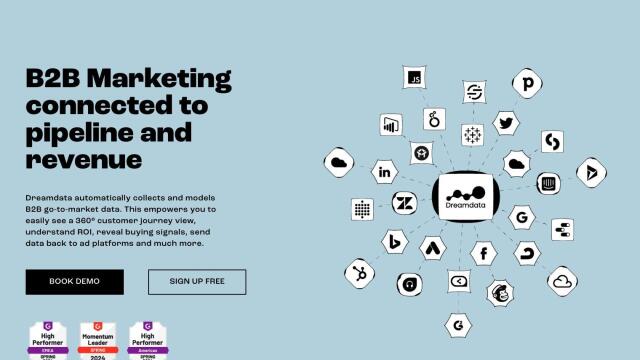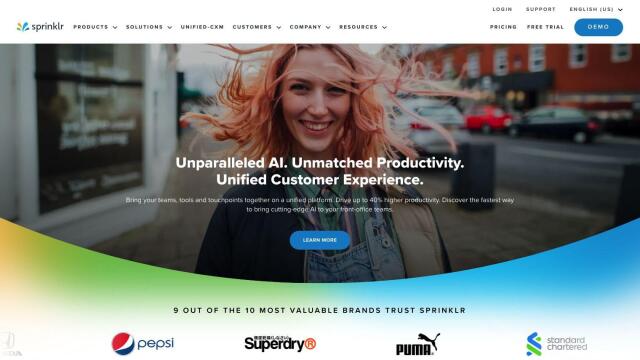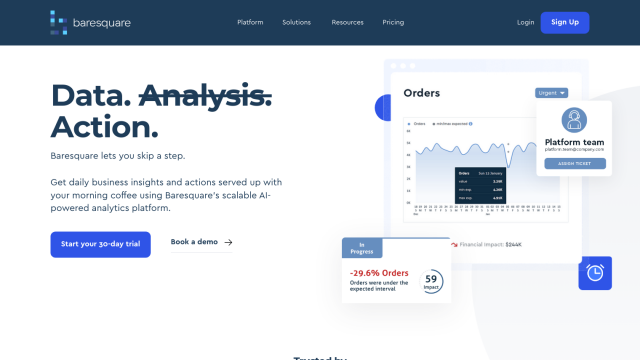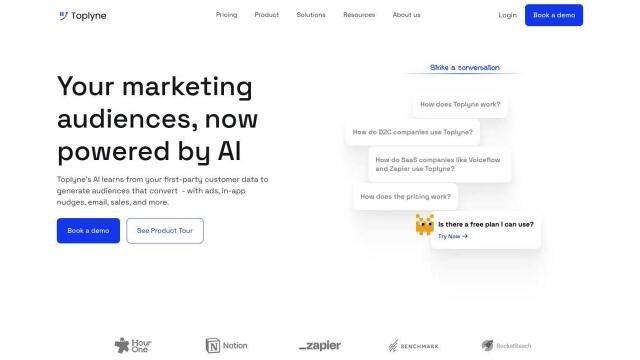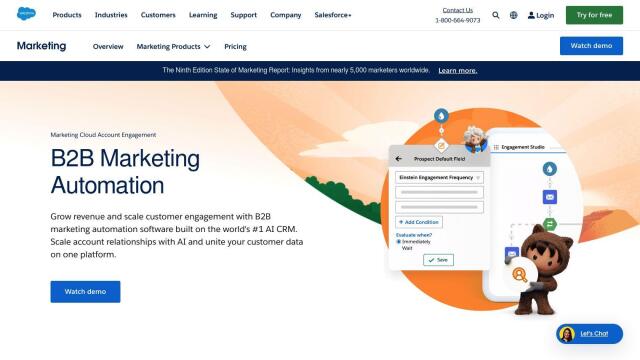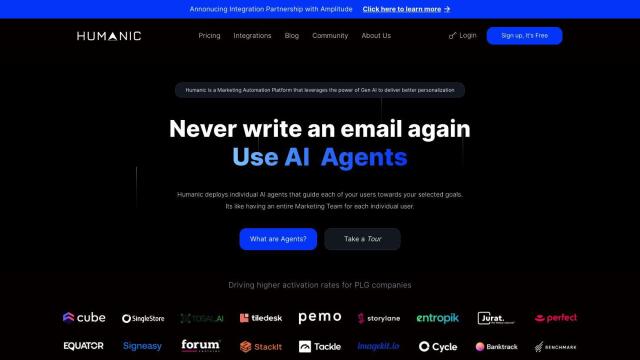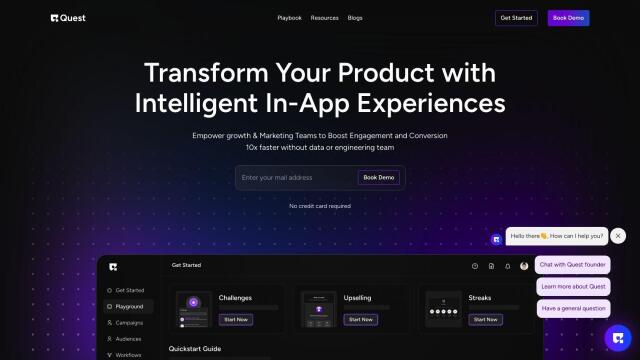Question: I need a platform that integrates with my existing marketing tools and provides a unified view of my data, do you know of any options?

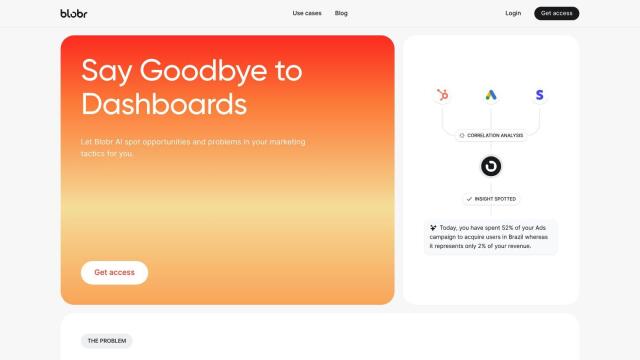
Blobr
If you want a platform that integrates with your existing marketing stack and offers a single view of your data, Blobr is a great choice. Blobr is an AI-based information retrieval system that tracks and analyzes marketing trends, anomalies and patterns by connecting to tools like Stripe, HubSpot and Google Analytics. It automates data analysis, sends daily reports and lets you ask questions and get reports through a chat interface. The system is designed to be easy to use and can be applied to marketing, sales and product areas.

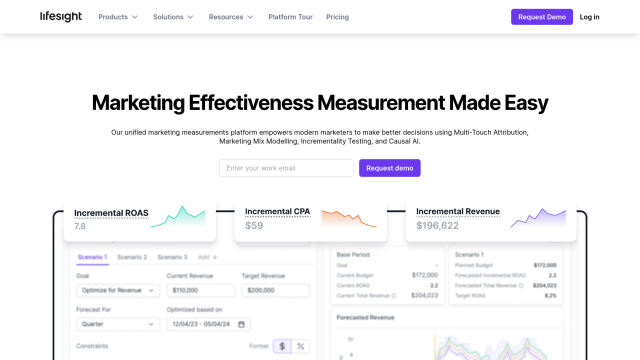
Lifesight
Another good option is Lifesight, a single source of truth for marketing measurement that provides actionable data and AI-powered insights. It includes tools like a Triangulation Framework, Goal Setting and Forecasting, Incrementality Intelligence and Goal Progress Tracking. Lifesight connects to a wide range of marketing and sales touchpoints and has advanced simulation tools for planning and forecasting. The platform is geared for marketers who want to make better decisions and get the best return on investment, so it's good for e-commerce, retail, agencies and B2B SaaS.

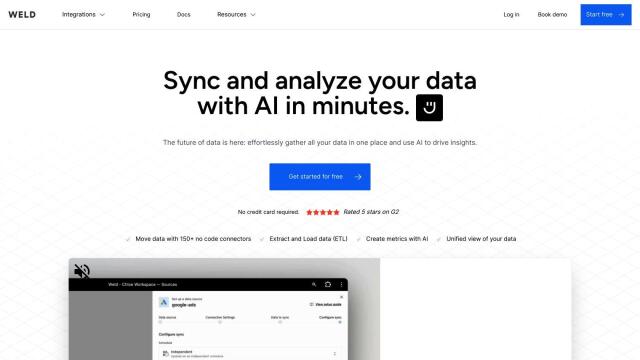
Weld
Weld is another option. It lets you synchronize and analyze data with AI in minutes, connecting to more than 150 apps, files and databases. Weld has no-code data pipelines, AI-driven insights and deep integration with tools like Facebook Ads, Google Ads and LinkedIn Ads. It offers a 360-degree view of operations by combining insights from marketing, sales, customer success and finance, so it's good for enterprise-wide analysis.

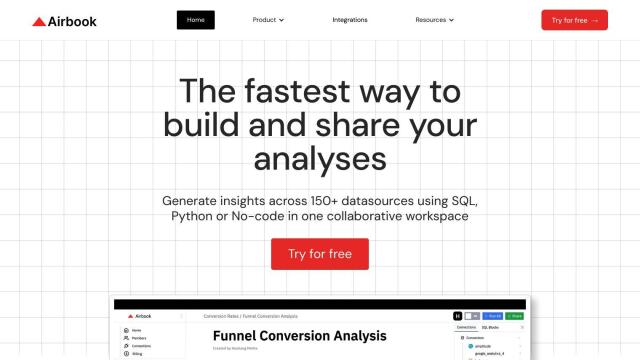
Airbook
If you prefer a more collaborative approach, Airbook is a data workspace that connects to more than 150 data sources. You can query data with SQL, Python or no-code interfaces and features like visualization, query saving and reuse, and version control. With native connectors to AWS, Amazon Redshift, Facebook Ads and Google Analytics, among others, Airbook has a broad range of use cases, including marketing analytics, so it's a good choice for teams that want to make data-driven decisions.

